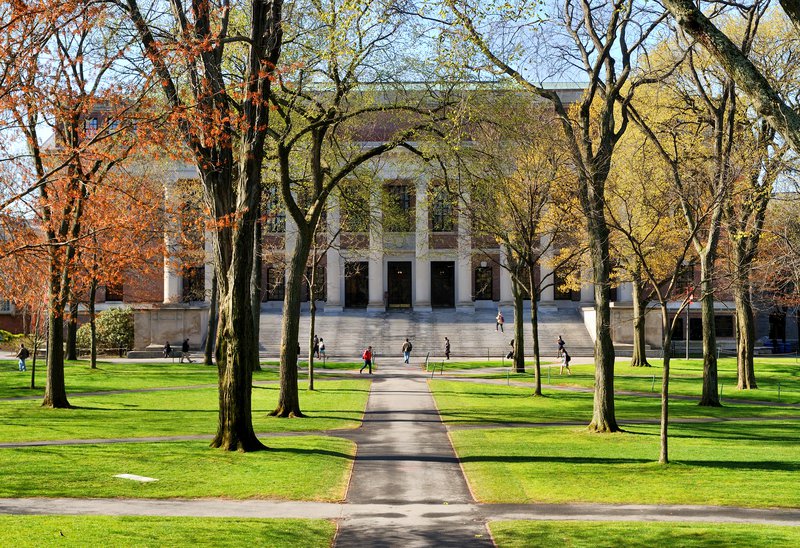
Nov. 17, 2022
The book "The End of College" by Kevin Carey was cited in an article by Inside Higher Ed about how a more "businesslike mentality" would help improve the work of higher education.
Here, there and everywhere, I have been hard on the spate of “education disrupted” books that cropped up during the early to middle part of the previous decade.
I’m talking about books such as DIY U: Edupunks, Edupreneurs, and the Coming Transformation of Higher Education by Anya Kamenetz, The Innovative University: Changing the DNA of Higher Education From the Inside Out by Clayton Christensen and Henry J. Eyring, College Unbound: The Future of Higher Education by Jeffrey Selingo, and Kevin Carey’s The End of College: Creating the Future of Learning and the University of Everywhere.
There are numerous others. These are the ones that were written in good faith by people who had a genuine interest in the educational mission of higher ed, rather than trying to use higher ed as a vehicle for funneling vast sums of public money into private hands, or to simply kill a sector that they see as hostile to their political project.
My criticism was rooted in a couple of core differences.
First, and perhaps most important, was I had an overwhelming belief that a core shared thesis underpinning these books—that there was a technical revolution coming to fundamentally change teaching and learning—was very obviously incorrect.
Because of my front-line experience teaching the kinds of gen ed courses that still make up a significant portion of the undergraduate experience, and the exact courses that would need to be disrupted if higher education was going to change, I knew that MOOCs and so-called personalized learning were not going to prove an acceptable alternative to traditional instruction without also defining down what should qualify as a college credential.
Read the full article here